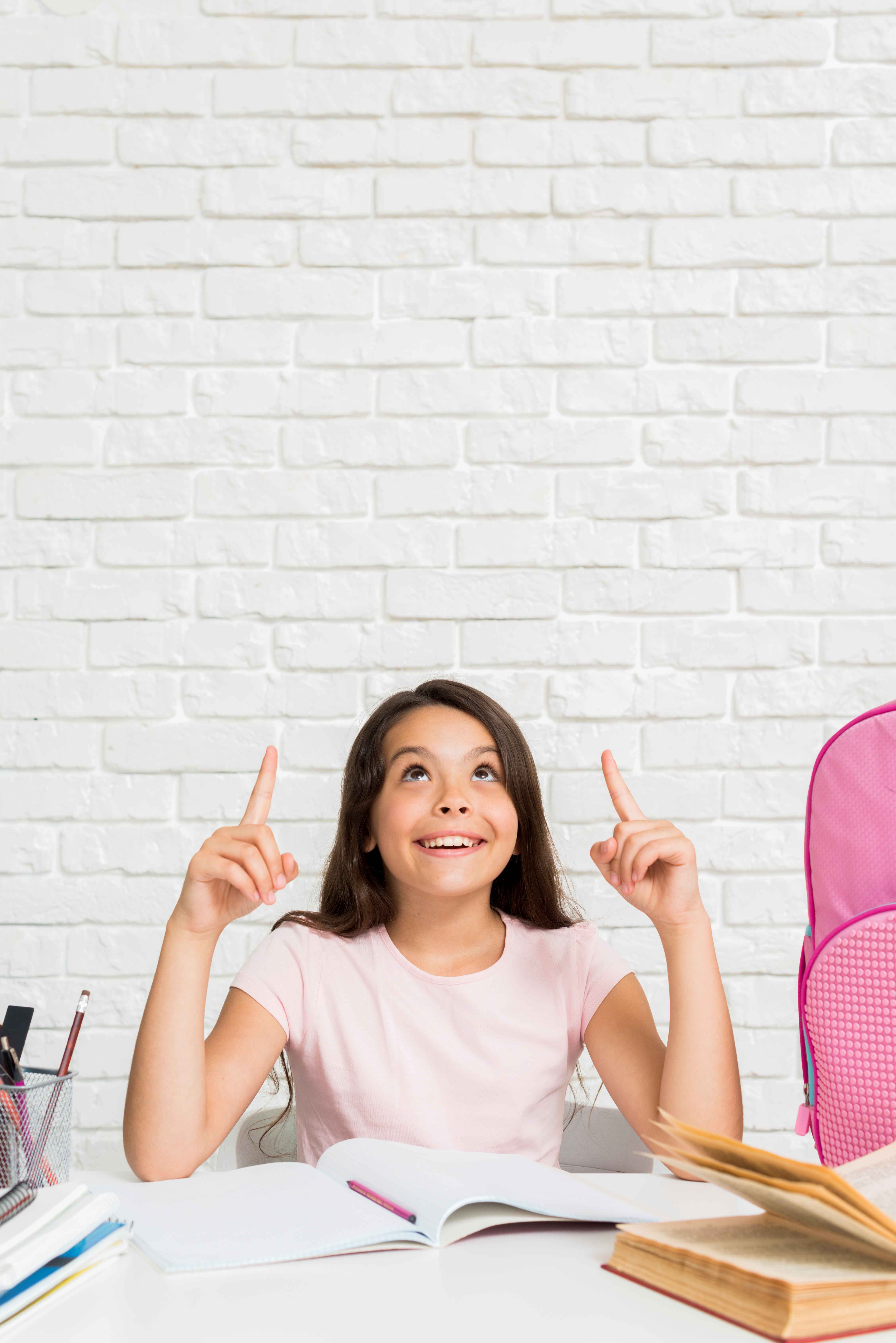Self-reflection and reflective practices
1. Self-reflection
1.2. Metacognition
 Self-reflection
encourages students to assess their own learning and take ownership of their
educational journey. It helps students to use their metacognitive skills, i. e.
thinking about their learning, and discovering their strengths or weaknesses,
their learning preferences, or about the space for improvement.
Self-reflection
encourages students to assess their own learning and take ownership of their
educational journey. It helps students to use their metacognitive skills, i. e.
thinking about their learning, and discovering their strengths or weaknesses,
their learning preferences, or about the space for improvement.
It serves as a critical tool for self-awareness and understanding where we are, where we want to get and what we need to do to get there. Metacognitive strategies, as presented by Rebecca Oxford (1990) help learners e.g. to set their learning aims, to monitor their progress, to evaluate their outcomes, to identify where they need to improve and what works for them. Through self-reflection, students can identify effective learning strategies that work best for them. They can discover which methods enhance their understanding, retention, and application of knowledge, contributing to a personalized and autonomous approach to learning. By exercising these skills learners are not left at the mercy of their educators who would declare whether they are successful or not as learners but can actively engage in the process, and decide about adjustments which need to be done to stay on track, promoting a sense of control over their own learning journey.
Equipping learners with metacognitive skills is crucial for the development of their autonomy by engaging in self-reflection. In this way, learners can develop a sense of ownership over their learning and recognize that immediate and future success is in their hands because by reflecting on past experiences and achievements, they can plan their academic and personal development, fostering a sense of direction and purpose. This is often missing in a typical formal education setting where it is the teacher who decides where the learning is heading and how the aims are to be achieved, not rarely without students even realising it. However, students are more likely to feel accountable for their learning outcomes when they have a clear understanding of their goals and progress, leading to increased autonomy and motivation.
When learners develop the habit of reflecting on their experiences, making adjustments, and seeking new knowledge already in the school environment, they will probably choose to behave similarly throughout their entire lives.